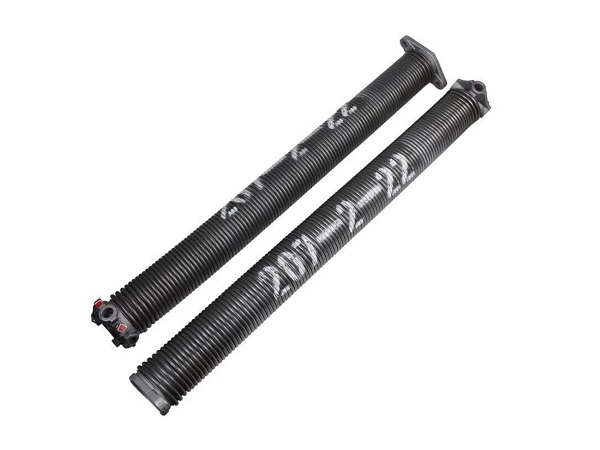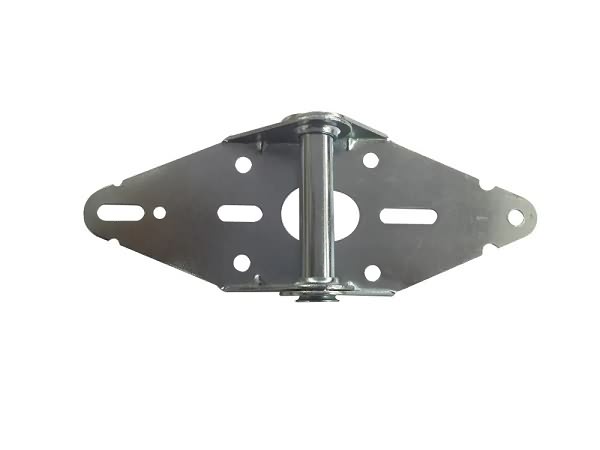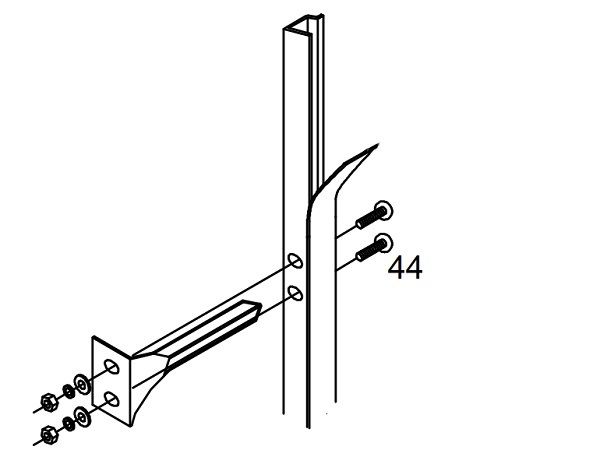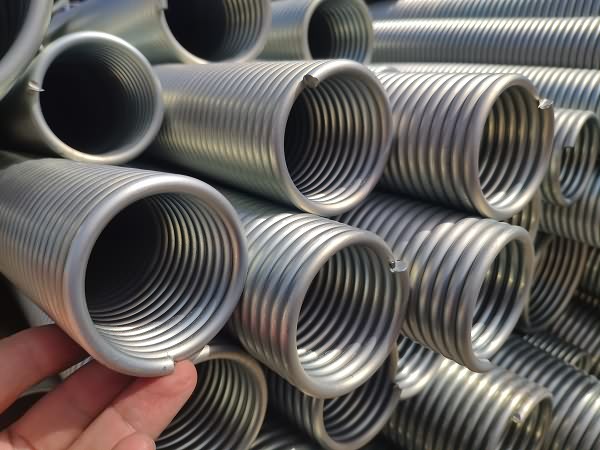18 Years Factory 8′ X 8′ Roll Up Door - Self Storage Roll Up Door Springs – Bestar Detail:
When you need Self Storage Door Springs, Mini Storage Door Springs or Mini Warehouse Door Springs, please turn to Bestar Door.
As professional Springs manufacturer and supplier, all our Self Storage Roll Up Door Springs are made by high-tensile and oil-tempered spring wire, meeting ASTM A229 standard. All our Springs are factory lubricated to minimize friction and corrosion while increasing the spring cycle life.
We can produce Self Storage Roll Up Door Springs for most Roll Up Door manufactures including but limited to: Janus Doors, ASTA Doors, DBCI Doors, Betco Doors, Trac Rite Doors, Porvene Doors, B&D Doors, Steel-Line Doors and more.
Standard Features:
(1) Meet ASTM A229 Standard
(2) High tensile
(3) Oil tempered
(4) Factory lubricated
(5) Corrosion resistant
(6) Long cycle life
(7) Fits Asta, Janus, Betco, DBCI, Trac-Rite, Porvene, B&D, Steel-Line applications.
How to Extend Roll Up Door Springs Service Life?
During make a Roll Up Door, each spring should be coated with a generous amount of grease that penetrates the innermost pores of the spring with additives, displacing moisture and preventing the formation of rust and corrosion. In addition, this process relieves the friction created between spring coils, thereby providing a smoother door operation. Finally, the spring and axle assembly is enclosed in a tube to protect them from the elements encountered throughout the life of the door.
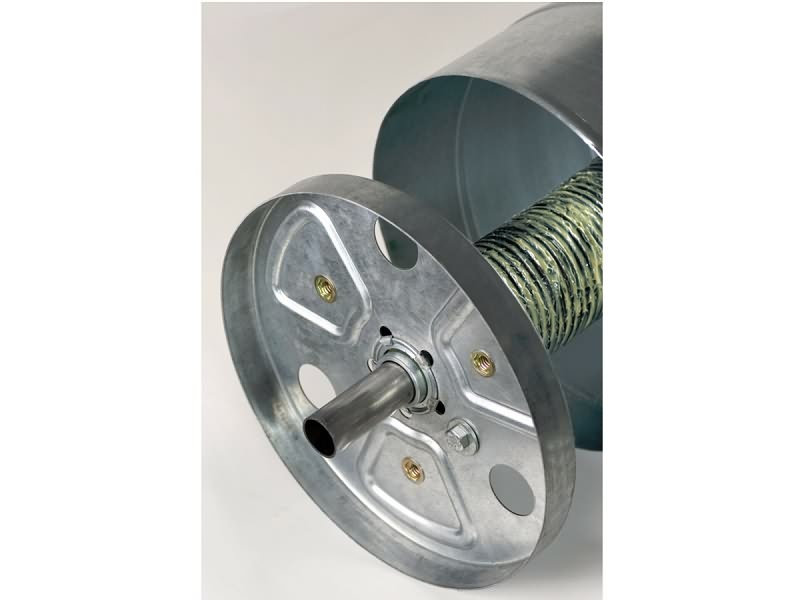
How Do I Know What Size Self Storage Roll Up Door Springs I Need?
When you order Self Storage Door Springs, Mini Storage Door Springs or Mini Warehouse Door Springs, you will need to know the Wire Size, Inside Diameter, Spring Length (or Spring Circles) and Spring Wind (right-wound or left-wound).
The Spring Length is the length when it’s unwound. If you have a broken or damaged Spring, count the number of coils on your Spring and multiply by the wire size to determine the total length.
If you have right-wound and left-wound springs, we suggest ordering both replacement Roll Up Door Springs at the same time. The wear and tear or other factors that can cause one spring to fail will likely be affecting both springs.
Product detail pictures:
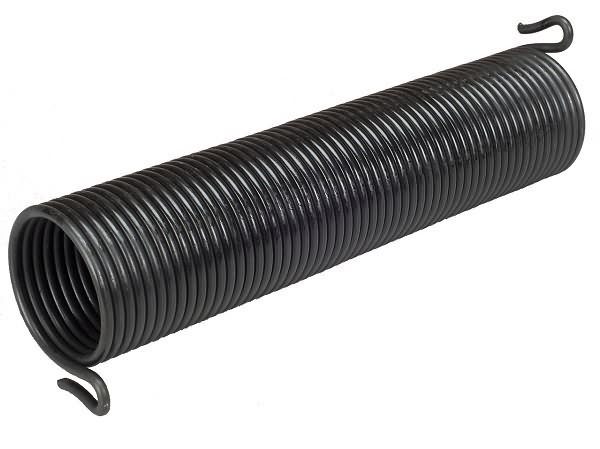

Related Product Guide:
We emphasize enhancement and introduce new solutions into the market just about every year for 18 Years Factory 8′ X 8′ Roll Up Door - Self Storage Roll Up Door Springs – Bestar, The product will supply to all over the world, such as: South Africa, Washington, luzern, All of our products comply with international quality standards and are greatly appreciated in a variety of markets around the world. If you are interested in any of our products or would like to discuss a custom order, please feel free to contact us. We are looking forward to forming successful business relationships with new clients in the near future.
This company conforms to the market requirement and joins in the market competition by its high quality product, this is an enterprise that have Chinese spirit.


